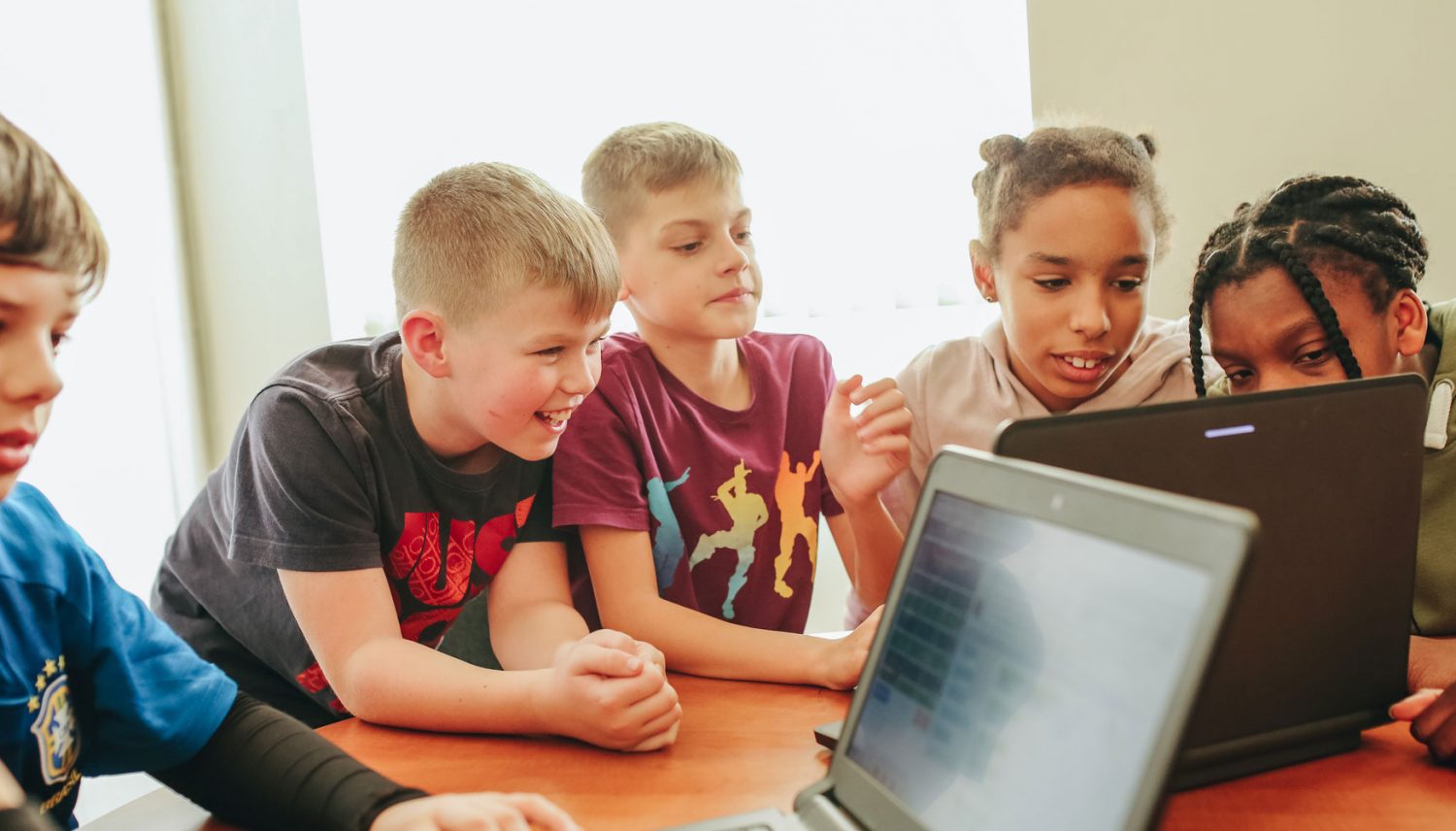UK Youth Movement
The unprecedented events of 2020/21 meant we had to be even more dynamic and decisive than normal. Youth organisations across the UK desperately needed support, and we got creative and worked hard to deliver it. We engaged with many organisations and senior leaders to develop peer support networks, and ensure a collective approach to influencing policy. We had to put young people and youth work firmly on the government’s radar, and keep it there.
Our open network across the UK grew to more than 8,000 youth organisations. The UK Youth Movement is open to all and collectively reaches 5.3 million young people across the UK. Together we are focused on unlocking youth work as the catalyst for change. It is needed now, more than ever.
How we tackled the pandemic head-on
Hundreds of issues have been vying for attention over the past year. Keeping young people and youth work at the top of the government’s agenda has not been easy. Here’s some of the ways we’ve fought for the youth sector throughout the pandemic, helping organisations to remain sustainable and resilient:
- Unlocked Covid-related funding, and distributed to youth organisations most in need
- All our events continued online – engaging 2,890 youth workers and practitioners, including two new collectives;
- eg. regional and themed networking events, webinars on cross-sector partnerships, and bespoke training such as safeguarding young people online
- Published a report into the impact of Covid-19 on the youth sector
- Sent an open letter to the government on harnessing the power of the youth sector during the pandemic
Young people leading the way
UK Youth Voice is a youth engagement programme that places young people at the heart of everything we do. We empower them with the skills they need to access opportunities, share their views and influence their own lives and the world around them. The National Advisory Group consists of 28 young people aged 18-25, with at least two coming from each region of the UK, plus at least two from each nation (England, Wales, Scotland, Northern Ireland).
We also engage young people from our wider network to share their views and engage in a range of opportunities, to increase their aspirations and connections. We focus particularly on reaching young people who would not otherwise engage in formal structures. This empowers them by getting their voices heard, and supports progression into other social leadership roles.
Keeping young people at the core of our efforts, we worked with them over the past year to host many events, bringing together leaders from various sectors. Together we sought to reimagine what the future might look like for young people, as a result of the pandemic
255
young people engaged in opportunities that have enabled them to share their story and have their voices heard.
Campaigning & advocacy
The struggles of the last year laid bare the inequalities faced by many young people when it comes to accessing support and opportunities. For instance, many young Black people approached us following the murder of George Floyd, and the resurgence of the Black Lives Matter movement, to say they had nowhere to express their views on racism.
So we launched the #YoungAndBlack campaign, in partnership My Life My Say, The Diana Award and activist Jermain Jackman. It’s a space to share, listen, and learn from the experiences of young Black people. We ran a series of events that explored Black identity and what it is like to grow up young and Black in the UK.
In 2020/21, the #YoungAndBlack campaign saw
70
stories shared across our platforms, leading to
49352
social media interactions and an estimated overall social media reach of
6,550,077
6,550,077
stories shared across our platforms, leading toThe campaign has led to funding for a new programme, aiming to reimagine mental health support for young people from racialised communities.
We worked with the National Youth Agency to launch the Youth Work Support site. This collective resource provides up-to-date guidance, templates and tools to help organisations adapt as a result of Covid-19.
As the pandemic has exacerbated the challenges faced by our young people, we’ve continued to campaign and advocate for them. For instance, we produced a report into the impact of Covid-19 on the sector, and worked with the Back Youth Alliance on harnessing the power of the sector during the Covid-19 crisis. Together we helped unlock the Covid-19 Resilience Fund from the DCMS, and represented the views of the sector at a national policy level.
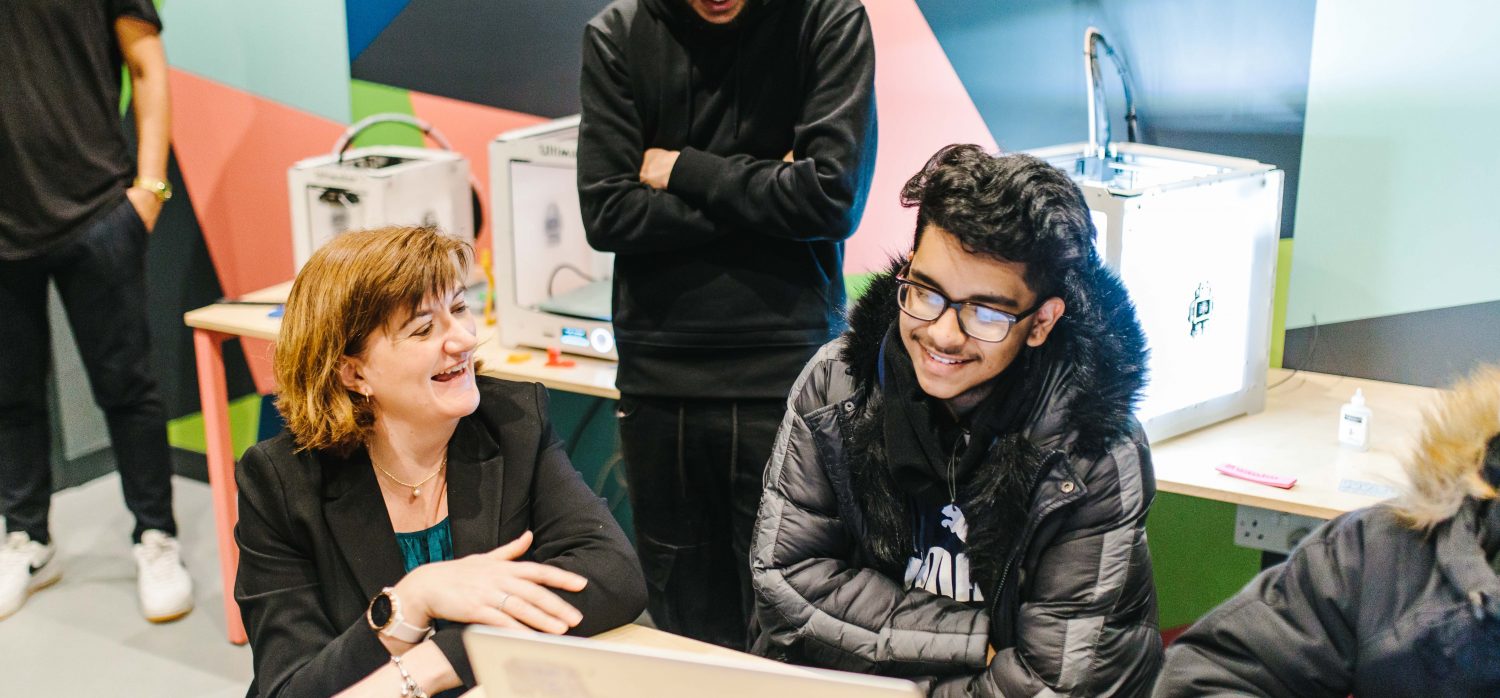
Developing cross sector partnerships
Over the past year we worked on a number of research projects, in collaboration with other major sector bodies. These included a review of how funders could support the youth sector, with Children in Need, an exploration of youth social action, with Spirit of 2012, and an ongoing project into social action, with Clarion Housing.
We also worked on a research project with YoungMinds, due to be published in late 2021. This looks at the informal relationship between young people and youth workers, and the concept of the ‘trusted adult’. The project is informing the development of a tool to help youth workers spot the early signs of mental health concerns in young people.
We were part of a collective of cross-sector organisations that launched The Hope Collective, a legacy campaign inspired by Damilola Taylor. Together with The Damilola Taylor Trust, The National Citizens Service Trust, The Rio Ferdinand Foundation, and many others, the collective launched the inaugural annual ‘Day of Hope’ on the 7th December 2020. Led by a youth advisory group, the campaign also delivered a series of events challenging the negative narratives surrounding young people and serious violence.
Finally, we are delighted to be leading the #iwill movement, alongside Volunteering Matters. This follows a three-month competitive process, guided by young #iwill ambassadors, funders, and ‘Step Up To Serve’ trustees and staff. This cross-sector consortium aims to broaden the goals of #iwill, with a greater focus on reaching and supporting young people from low-income and ethnic minority backgrounds.
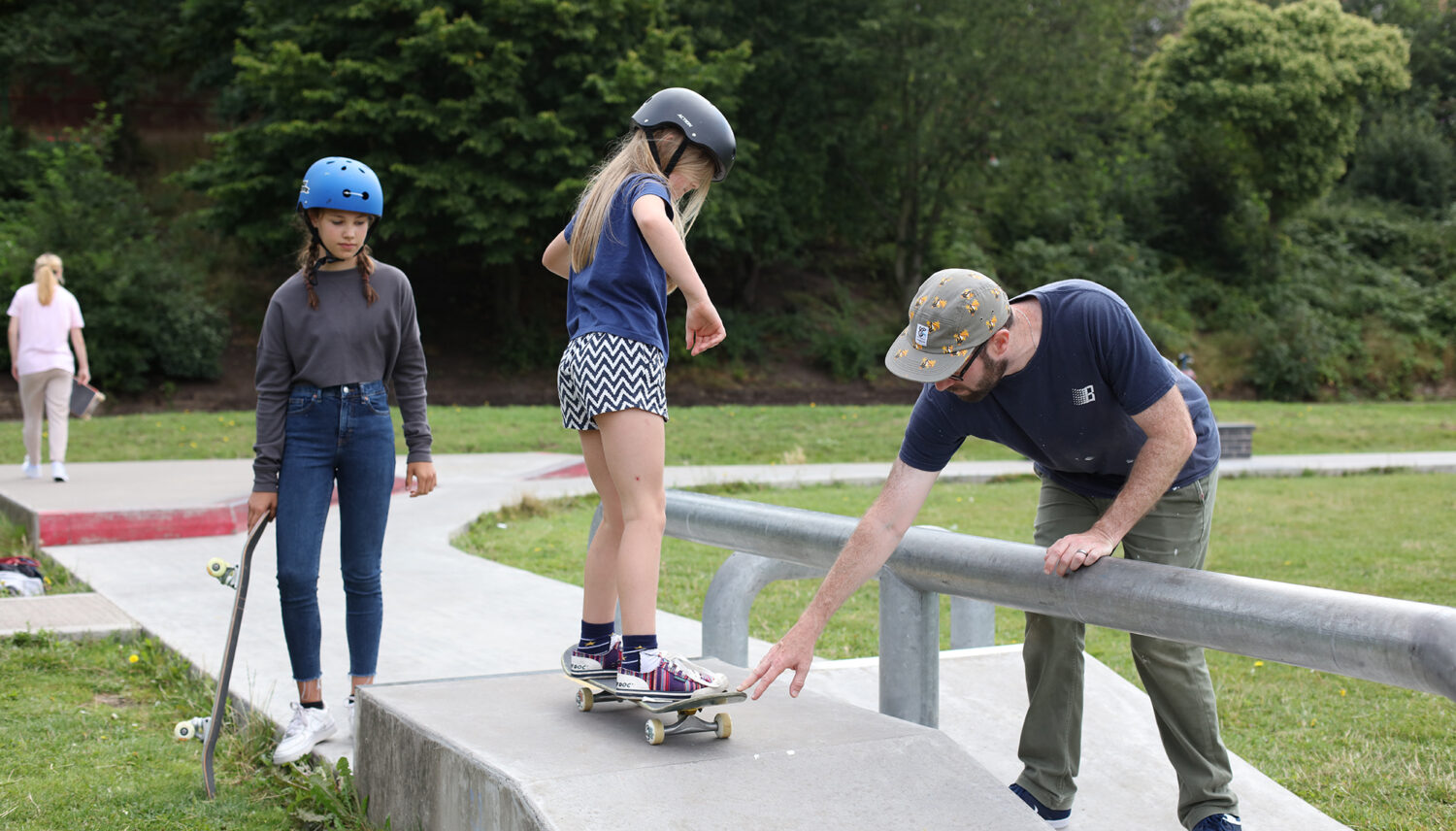
UK Youth Achievement Awards
The UK Youth Achievement Awards (UKYAAs) are our award framework which celebrate the achievements of all young people. This year, 1444 young people across the UK were awarded a UKYAA.
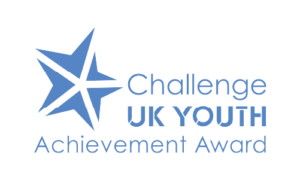
631
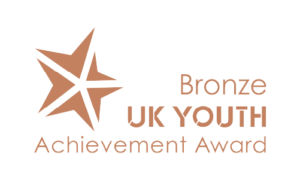
593
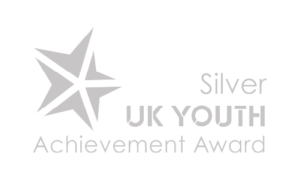
156
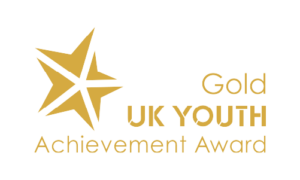
25
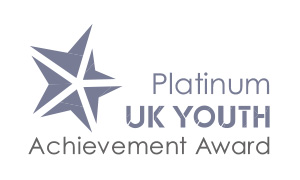
39
The UKYAAs, accredited by education charity ASDAN, provide a framework for almost any activity. Young people are encouraged to work together to determine their own challenges, break those challenges down into manageable targets, and then reflect on their achievements.
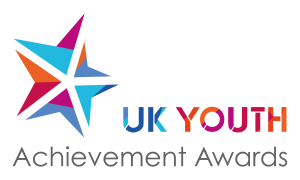
The UK Youth Fund
Youth sector organisations have shown great resilience this year, delivering vital services for young people. UK Youth was delighted to be able to support many of them.
In November, we launched the inaugural ‘UK Youth Fund – Covid Relief’, with an initial commitment of funding from Pears Foundation and the Paul Hamlyn Foundation (thanks to match funding from DCMS).
In 2020/21, 111 organisations were awarded a grant from the funding, totalling £919,647. The remaining £920,005 was distributed to a further 79 organisations in the next financial year.
Data from applications for this funding (from 1,759 youth organisations) revealed a snapshot of the impact of the pandemic on youth services.
(66%) reported an increase in demand for their services
83%
of youth organisations reported that their income decreased
More than half (57%) of youth organisations reported that the cost of delivering their services had increased since Covid-19
“The Covid-19 pandemic has changed the world and it has further exacerbated the inequalities that exist in the availability of support and opportunities that young people need to thrive. 2020 has also reinforced that youth work is poorly understood and underutilised, yet we know it is a critical support mechanism for young people.”
